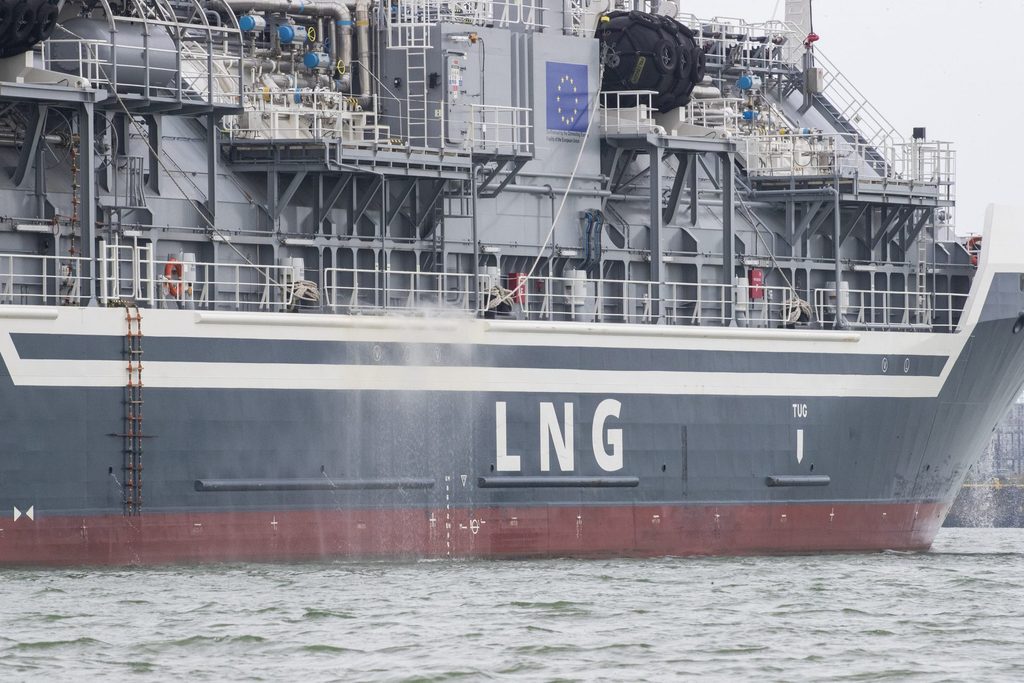Belgium is now the world's third largest importer of Russian liquefied natural gas (LNG), rising four places since 2021 despite Moscow's full-scale invasion of Ukraine in February last year.
According to a report published on Wednesday by Global Witness, an environmental and human rights NGO, Belgium purchased 17% of total Russian LNG exports over the first seven months of this year, with only China (20%) and Spain (18%) buying more.
The study also found that the EU as a whole has significantly increased its imports of the Russian fossil fuel in recent years. Between January and July 2023, EU countries bought 22 million cubic metres (mcm) of Russian LNG: 7 mcm more than over the same period in 2021.
The EU now buys more than half (52%) of all exported Russian LNG – up from 49% in 2022 and 39% in 2021. Indeed, much of the Russian LNG imported by Belgium is subsequently exported onwards to other EU Member States.
According to market analysis firm ICIS, 4.3 mcm of the Russian fossil fuel transited through Belgium's LNG terminal in Zeebrugge en route to other EU countries last year: a 70% increase compared to 2022.
'Countries should align actions with words'
In a statement, Jonathan Noronha-Gant, a senior fossil fuel campaigner at Global Witness, denounced both the moral and environmental implications of Europe's decision to increase purchases of Russian LNG.
"Europe's fossil gas-based energy system is a climate disaster and security risk, funding warmongering regimes and fuelling deadly extreme weather. While European countries decry the war, they are putting money into [Russian President Vladimir] Putin's pockets," he said.
"These countries should align their actions with their words by banning the trade of Russian LNG that is fuelling both the war and the climate crisis."
Related News
- Gazprom reports sharp plunge in half-year net profit
- High gas prices precursor to winter European energy crisis, experts warn
Speaking to The Brussels Times, an EU official conceded that the bloc's imports of Russian LNG had increased over the past year but stressed the need to "put these numbers into perspective".
"The overall net imports of Russian gas to the EU in 2022 was 82.7 bcm [billion cubic metres], nearly 70 bcm less (-56%) compared to December 2021," the official noted.
The official added that since Moscow's full-scale invasion the EU has eliminated Russian coal imports and slashed Russian oil purchases by 90%.
"All this shows our shift away from Russian fossil fuels imports and our solidarity with Ukraine."

